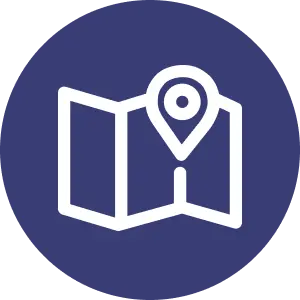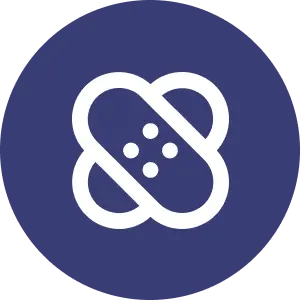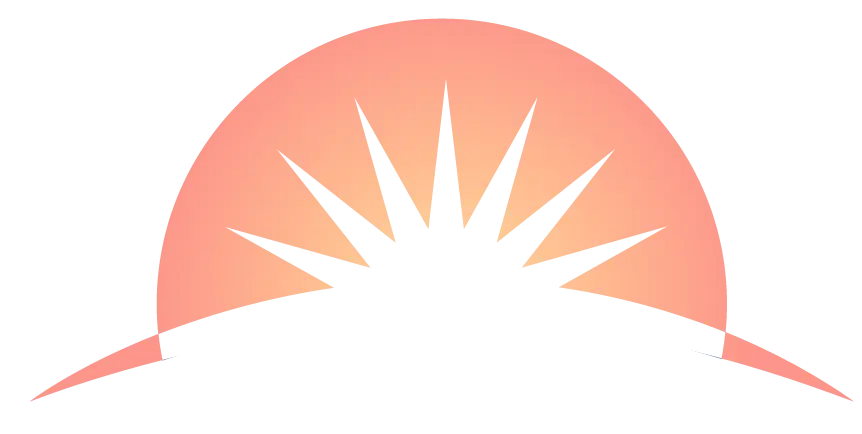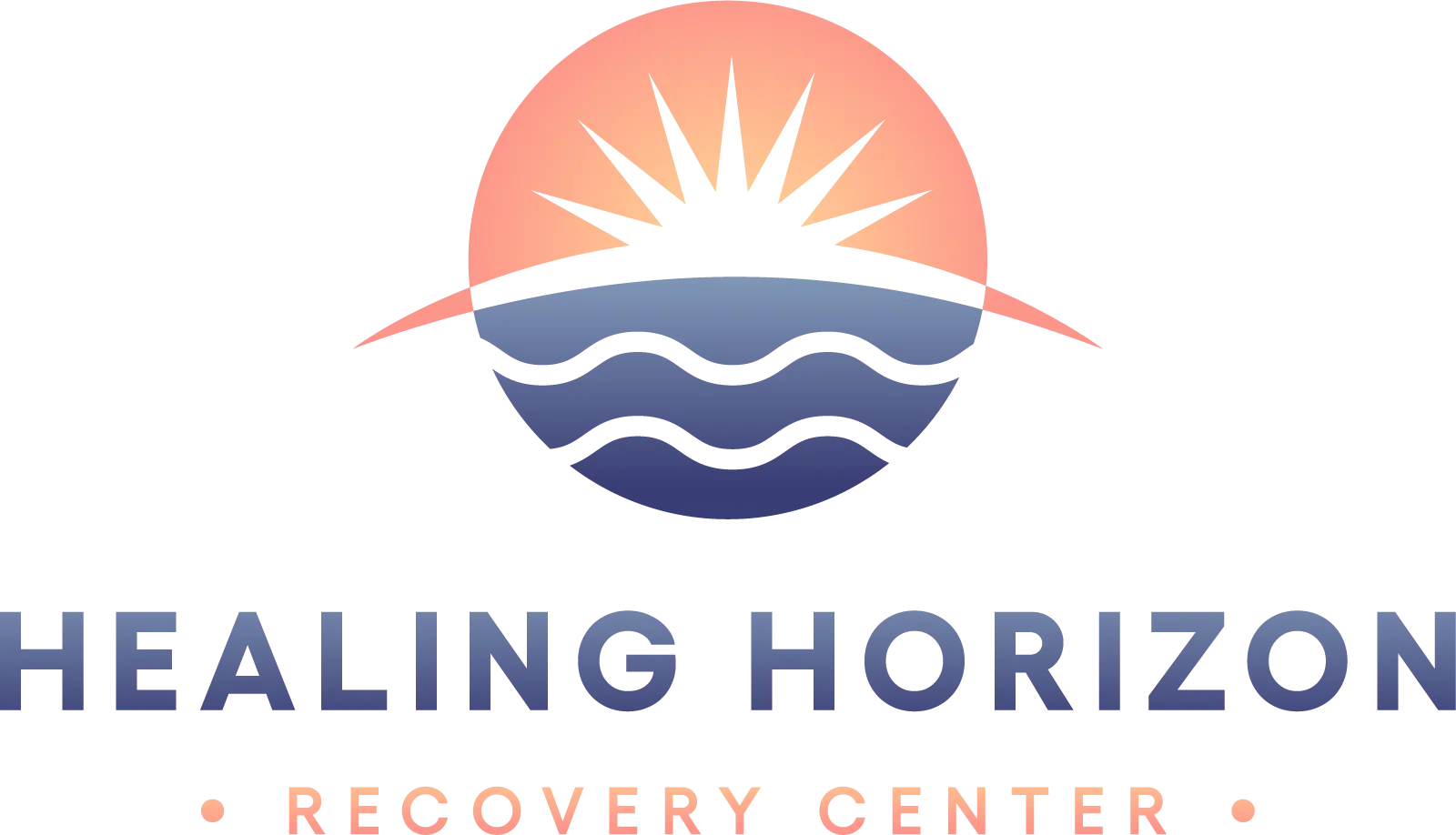Dual Diagnosis
Discover the support you need for dual diagnosis with Healing Horizons. Reach out to us today and embark on your journey towards healing.

Substance Use and Mental Health Are Closely Linked
Substance use and mental health issues often have a complex relationship. This connection is grounded in both biological and environmental factors. There are many instances where someone with an undiagnosed mental health disorder may self-medicate with drugs or alcohol. The more they use these substances, the more of an impact it can have on their mental health.
This is a dangerous cycle that is hard to escape, but with the right dual diagnosis treatment this cycle can be broken. Healing Horizon offers its dual diagnosis treatment in a supportive and compassionate setting – allowing you to work through your mental health disorder and addiction under one roof.

Our Facility
Healing Horizon is located in Calabasas, California – with miles of sand, sun, and coastline that bring therapeutic value to your recovery journey. We provide personalized treatment services for overcoming drug and alcohol addiction in California. Take the next step in your recovery journey at Healing Horizon.

Verify Insuance
As a private drug and addiction treatment facility, we accept most insurance plans, making your recovery as simple as possible. Reach out to us today to verify your benefits and determine your out-of-pocket cost for treatment. Treatment may be more affordable than you think!

Treatment Options
Our personalized treatment helps our clients determine the root cause of turning to drugs and alcohol for their issues. Once we identify these reasons, we can begin custom tailoring a course of treatment that works best for you. Build your new sober life, one step at a time, at Healing Horizon.
What is Dual Diagnosis?
The term ‘dual diagnosis’ is used when describing the area where mental health disorders and substance use disorders overlap. Think of it like a complicated dance between issues like depression, anxiety, or even schizophrenia, and battling addiction, whether it’s to alcohol, drugs, or prescription meds. Having both mental health disorders and addiction can make treatment seem unattainable.
The game plan for tackling dual diagnosis usually involves a mix of therapy, managing medications, leaning on support groups, and occasionally, stepping into more intensive inpatient or residential programs specifically designed to handle the complex nature of dual diagnosis. Getting to the heart of both issues at once is key for anyone’s recovery journey and keeping their health on track for the long haul. It’s all about finding that balance and moving forward with the right support and strategies.
Start Your Transformative Journey
Your recovery in California starts with a commitment to quitting drugs and alcohol, facing the root causes of your substance use, and building a new life. Healing Horizon wants to help you reach your goals. Our luxury safe haven, tailored treatment plans, and dedicated treatment professionals provide everything you need to overcome addiction under one roof.
The Main Components of Dual Diagnosis Treatment:
Integrated Intervention
This approach treats both the mental health issue and the substance use disorder as primary conditions. Integrated intervention strategies ensure that both disorders are addressed simultaneously, in a coordinated manner, recognizing that they are deeply interconnected and impact each other. This involves our team working together to create a comprehensive treatment plan.
Psychotherapy
Also known as talk therapy, psychotherapy is critical in helping individuals understand the root causes of their disorders, develop coping strategies, and work through the emotions and behaviors that contribute to both the mental health disorder and the substance use disorder. Therapies like Cognitive Behavioral Therapy (CBT), Dialectical Behavior Therapy (DBT), and other programs can be particularly effective.
Medication Management
For many dealing with dual diagnosis, medication can play a crucial role in managing symptoms, especially those related to mental health conditions such as anxiety, depression, or bipolar disorder. The challenge here is to use medication effectively without exacerbating the substance use disorder. It requires careful monitoring and adjustment by our medical professionals who are experienced in treating dual diagnosis.
Support Groups and Peer Support
Being part of support groups, such as 12-step programs or other peer support settings, can offer invaluable help and encouragement from those who are going through similar experiences. These groups provide a sense of community and understanding, which can significantly enhance the recovery process by offering both empathy and accountability.
What Disorders are Included in Dual Diagnosis?
Although dual diagnosis broadly covers any combination where a person experiences a mental health condition alongside an addiction. Commonly abused substances may include, but are not limited to alcohol, cannabis, opioids (both prescription painkillers and illegal drugs like heroin), stimulants (like cocaine and methamphetamine), and benzodiazepines. Here’s a look at some of the mental health disorders commonly seen in dual diagnosis:
- Depressive Disorders: This includes major depressive disorder, persistent depressive disorder (dysthymia), and seasonal affective disorder, among others. Individuals with depressive disorders may turn to substance use as a form of self-medication to alleviate their symptoms.
- Anxiety Disorders: This category comprises generalized anxiety disorder (GAD), panic disorder, social anxiety disorder, and phobias. People with anxiety disorders may abuse substances to reduce their anxiety or fear.
- Bipolar Disorder: Characterized by extreme mood swings that include emotional highs (mania or hypomania) and lows (depression). Substance use can be a coping mechanism for some people with bipolar disorder, though it often worsens the condition.
- Personality Disorders: Borderline personality disorder (BPD), antisocial personality disorder, and others. Substance use disorders are frequently co-occurring, especially in those with BPD, where individuals might use substances to cope with emotional instability or relationship issues.
- Schizophrenia and Other Psychotic Disorders: Individuals with these disorders might use substances as a way to manage symptoms like hallucinations or delusions, although substances can exacerbate psychosis.
- Eating Disorders: This includes anorexia nervosa, bulimia nervosa, and binge-eating disorder. Substance use might be a method to control weight or food intake, but it can also stem from the same psychological conditions that contribute to the eating disorder.
- Post-Traumatic Stress Disorder (PTSD): People with PTSD might use alcohol or drugs to try to manage their anxiety, nightmares, and other symptoms, even though substance use can lead to further complications in PTSD treatment.
- Attention-Deficit/Hyperactivity Disorder (ADHD): Individuals with ADHD may abuse substances as a way to self-medicate symptoms of restlessness, difficulty concentrating, or to manage the side effects of stimulant medications used in treatment.

How Long Does Dual Diagnosis Treatment Take?
For many, dual diagnosis treatment is not a sprint to the finish line, but rather a continuous process of managing both mental health and substance use. Some people may see significant improvements within a few months, while others may need ongoing support for years. It’s essential to have a personalized treatment plan that’s adaptable to your changing needs over time.
It’s also important to note that recovery is a personal journey, and success can look different for everyone. For some, success is complete abstinence and symptom management, while for others, it might mean significant reductions in use and improvements in quality of life. The key is continuous engagement with treatment and support systems tailored to the your needs.
Begin Healing with One-on-One Personalized Treatment
At Healing Horizons, we invite you into our serene haven, nestled in Calabasas, California. Our residential rehab promises a tranquil setting for your recovery journey.
Our tailored services, compassionate support team, and luxurious environment are all designed to make your path to healing as comfortable and pleasant as possible. Ready to embark on this transformative journey? Reach out to our admissions department today and connect with a friendly member of our team who’s here to guide you every step of the way.
